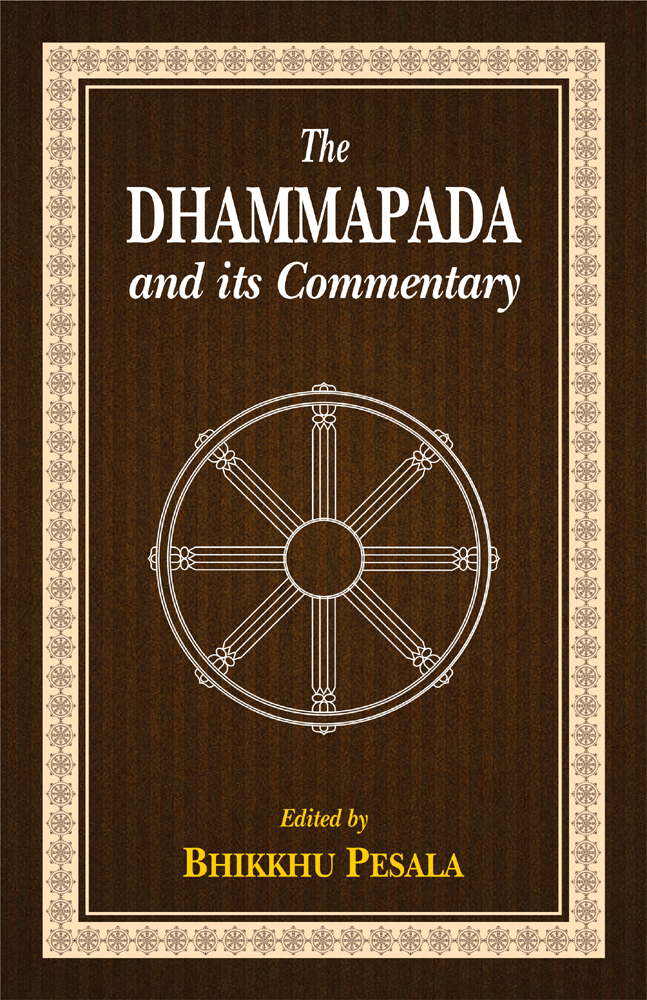The Dhammapada and it's Commentary
The Dhammapada and it's Commentary - Hardcover is backordered and will ship as soon as it is back in stock.
Couldn't load pickup availability
There are hundreds of translations of the Dhammapada. My edition is based on the translation by Nārada Mahāthera. Many of the verses are impossible to understand without the context that is given by the Commentary. The Dhammapada Commentary is a lengthy work with stories for each verse, or each group of verses. Many stories include accounts of previous lives, which the Buddha gave to help the monks understand why certain events had occurred. For example, when the blind Arahant Cakkhupāla was practising walking meditation, his feet crushed many insects that had come out of the earth due to the rain. They wondered whether he was truly an Arahant if he killed so many living-beings, and also why he had gone blind after striving hard to fulfil the Ascetic Practice of never lying down to sleep, even when advised to do so by his physician who prescribed eye-drops for an eye-disease. The Buddha reassured the monks that he was, indeed, an Arahant, and was destined to go blind sooner or later due to an unwholesome kamma he had done in a previous life.
About the Author:
Bhikkhu Pesala received higher ordination in 1979, at the Oakenholt Buddhist Centre, near Oxford, UK, with the late Venerable Mahasi Sayadaw as his preceptor. Since then, he has devoted his life to studying and teaching the Dhamma-Vinaya, and the practice of insight meditation, in monasteries in Burma, Thailand, and England, UK. He has endeavoured to share his understanding of the Dhamma through writing, editing, and translating many Dhamma books, chiefly by famous meditation masters of the Burmese Insight tradition. On its website, "The Association for Insight meditation" hosts these publications and links to other useful resources on Buddhism. Bhikkhu Pesala's first publication was "The Debate of King Milinda, "which was first published in 1990, and reprinted by Motilal Banarsidass in 1991, 1998, and 2022.
-
Pages
-
Edition
-
Size
-
Condition
-
Weight (kg)
-
Publication Year
-
Country of Origin
-
Territorial Rights
-
Reading Age
-
HSN Code
-
Publisher




